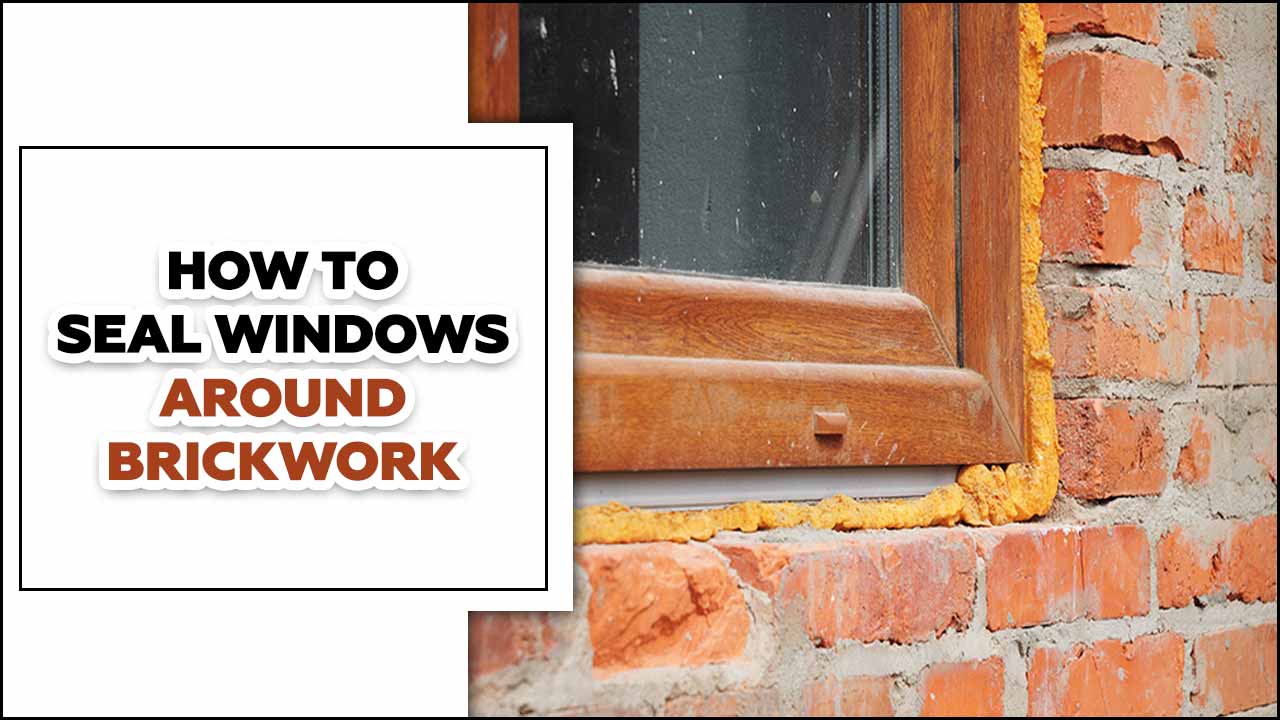Why Do My Recessed Lights Flicker? Causes And Solutions

Why Do My Recessed Lights Flicker?
Recessed lights can flicker for a few simple reasons. It might be a loose bulb, bad wiring, or a faulty dimmer switch. Imagine trying to enjoy a cozy movie night, but the lights keep dimming! Creepy, right? Your lights need a steady power supply. Sometimes, they flicker when circuits get overloaded. Knowing these causes helps you solve the mystery and keep your home bright and inviting. Don’t let flickering lights spoil your fun!
Common Causes of Flickering Recessed Lights
Faulty light bulbs. Poor electrical connections.
Flickering recessed lights can be frustrating, but don’t worry! Two common culprits might be behind the dance party in your ceiling. First, faulty light bulbs can create a strobing effect. Check if they are loose or burned out. Second, poor electrical connections could lead to flickering. Wires may be loose, creating an electric jolt that makes the lights flicker. Think of it as your lights doing the “Electric Slide!”
| Cause | What to Check |
|---|---|
| Faulty Light Bulbs | Ensure bulbs are seated correctly and not burned out. |
| Poor Electrical Connections | Inspect wiring for loose connections or damage. |
Electrical Issues That Lead to Flickering
Voltage fluctuations. Overloaded circuits.
Flickering lights can signal trouble in your home. Two common electrical issues cause this problem. First, voltage fluctuations happen when power levels change. This can be due to heavy appliances turning on or bad wiring. Next, an overloaded circuit occurs when too many devices use the same circuit at once. This overloads the system and can make lights flicker. Always make sure to check your usage to keep your lights steady!
What causes voltage fluctuations?
Voltage fluctuations happen from sudden changes in power usage. Lights may flicker when large machines start running. These changes can interfere with normal lighting.
How do overloaded circuits affect lights?
- Too many devices: Using many gadgets on one circuit can cause flickering.
- Sparking risks: Overloading can also cause wires to heat up, leading to sparks.
Impact of Dimmer Switches on Recessed Lights
Compatibility of bulbs with dimmer switches. Effects of dimmer settings on lighting performance.
Using dimmer switches can change how recessed lights work. Not all bulbs work well with dimmers. You need to check if the bulbs say they are “dimmable.” If they don’t, they might flicker or stop working. Next, how you set the dimmer affects the light. A low setting gives softer light, while a high setting is bright. Finding the right mix is important for good lighting.
Do dimmer switches cause flickering in recessed lights?
Yes, dimmer switches can cause flickering if the bulbs are not compatible. Always use dimmable bulbs to avoid this issue.
- Check compatibility of bulbs.
- Adjust dimmer for desired brightness.
- Use LED or CFL bulbs designed for dimming.
Environment and Installation Factors
Presence of moisture or humidity. Incorrect installation of fixtures.
Moisture and humidity can play tricks on your recessed lights. When there’s too much water in the air, it can cause lights to flicker like they’re trying to dance! Improper installation of fixtures can also lead to problems. If they aren’t snug in their spots, you might face some unwanted flickering. It’s like when you try to wear shoes that are two sizes too big—nothing feels right!
| Factor | Effect |
|---|---|
| Moisture/Humidity | Can cause flickering |
| Incorrect Installation | Leads to unstable lighting |
Solutions to Fix Flickering Recessed Lights
Replacing bulbs and checking compatibility. Tightening connections and checking circuits.
Flickering recessed lights can drive anyone a little crazy. First, check your bulbs. It’s like finding a sock: make sure they’re the right type! If not, swap them out for compatible ones. Sometimes, tightening the connections can work wonders too. Loose wires can be a party pooper! Finally, look at your circuits. A little checkup could save the day. Remember, even lights need some “watt” care!
| Action | Details |
|---|---|
| Replace Bulbs | Ensure they match the fixture’s requirements. |
| Tighten Connections | Check for loose wires and secure them tightly. |
| Inspect Circuits | Examine for any signs of damage or wear. |
When to Seek Professional Help
Signs of complex electrical issues. Benefits of hiring an electrician.
If your lights flicker like a disco party, it might be time to call for backup. Signs of tricky electrical issues include buzzing sounds, sparks, or burning smells. These warnings are not just for drama; they can signal danger! Hiring an electrician brings many perks. They know the ins and outs of wiring and can safely fix problems. Plus, they’ll help you avoid “the lights went out” surprises during movie night!
| Signs of Issues | Benefits of Electrician |
|---|---|
| Buzzing or humming sounds | Expert knowledge and safety |
| Sparks from outlets | Prevent future hazards |
| Burning smells | Save time and stress |
Preventive Measures for Future Flickering
Regular maintenance of electrical systems. Choosing quality fixtures and components.
To keep your recessed lights from flickering, regular maintenance of your electrical systems is key. This means checking wires and connections often. It is also smart to choose quality fixtures and bulbs. Cheap components can lead to problems. Investing in good materials pays off in the long run. Here are some tips:
- Inspect wiring for damage.
- Replace old bulbs with reliable ones.
- Schedule professional check-ups yearly.
Taking these steps can help you avoid flickering lights in the future.
What causes recessed lights to flicker?
Flickering can happen due to bad connections or faulty bulbs. Sometimes, it is also caused by electrical issues in your home.
Conclusion
In summary, recessed lights can flicker for several reasons. You might have loose bulbs, wiring issues, or problems with your dimmer switch. To fix it, check your bulbs and connections first. If the flickering continues, consider calling an electrician. We encourage you to learn more about electrical safety to keep your home well-lit and safe.
FAQs
What Are The Common Causes Of Flickering Recessed Lights?
Flickering recessed lights can happen for a few reasons. Sometimes, the light bulb might be loose or not fit in right. Other times, the switch could be broken or not working. It can also be because of problems in the electrical wires. If you see flickering, it’s good to check these things!
How Can I Determine If The Flickering Is Due To A Faulty Light Bulb Or A Wiring Issue?
To check if the flickering is from a light bulb or the wiring, start by changing the light bulb. If the new bulb works well, the old one was faulty. If the new bulb flickers too, there might be a wiring problem. You should ask an adult to help check the wires safely.
Is Flickering In Recessed Lights Indicative Of A Larger Electrical Problem In My Home?
Flickering in recessed lights can mean different things. Sometimes, it’s just a loose bulb. Other times, it could be a sign of a bigger electrical issue. If you notice flickering, you should check the bulb first. If the problem keeps happening, ask an electrician for help.
Can Dimmer Switches Contribute To The Flickering Of Recessed Lights, And If So, How?
Yes, dimmer switches can make recessed lights flicker. This happens when the dimmer isn’t right for the lights you use. Some lights don’t work well with certain dimmers. As a result, you might see them flash or flicker. It’s best to check if your dimmer matches your lights.
What Steps Can I Take To Troubleshoot And Fix Flickering Recessed Lights?
To fix flickering recessed lights, first check the light bulb. Make sure it is tight and not burned out. If it is loose, just twist it snugly. Next, check the switch. Sometimes, the switch can be bad. If everything looks fine, try resetting the circuit breaker. If it still flickers, ask an adult to help you call an electrician.








